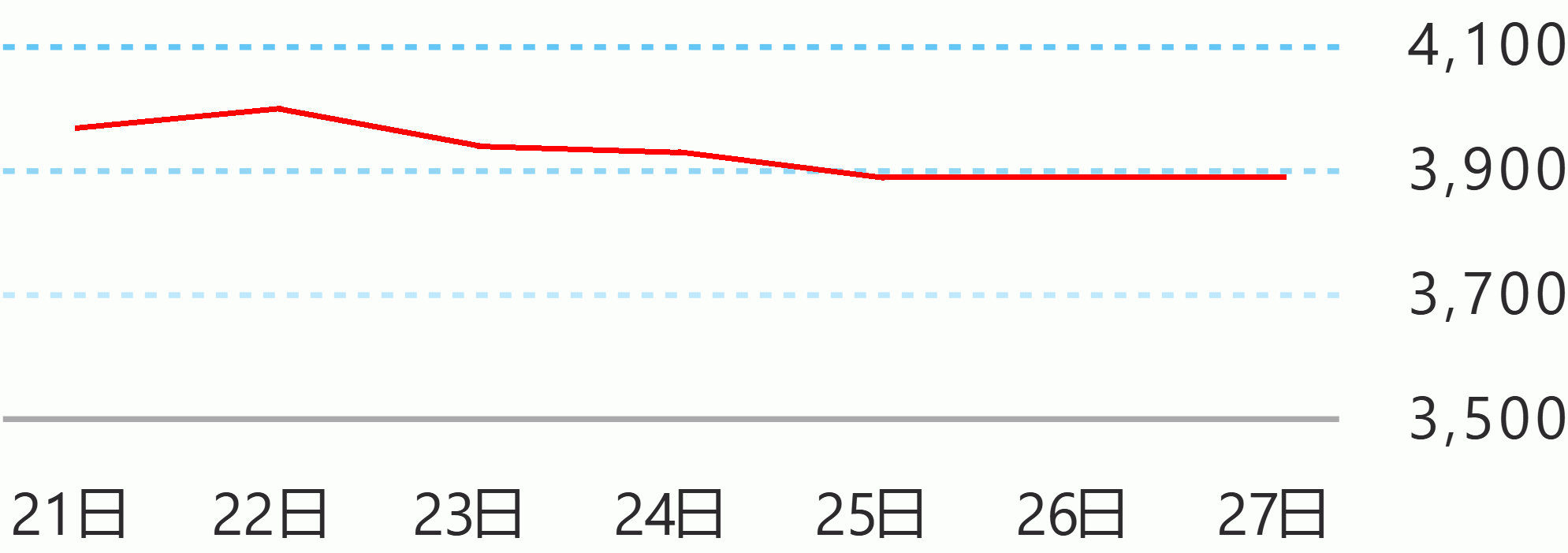By Robina Asido
The government will allow the entry of foreign nationals including tourists from non-visa countries, like Japan, following the temporary suspension of country risk classification starting next month.
In his virtual press briefing on Friday, Acting Presidential Spokesperson Karlo Nograles announced that the green, yellow and red classification of countries, territories and jurisdictions will be temporarily suspended beginning February 1.
Tourists and businessmen will be allowed to enter starting February 10.
"On February 10, 2022 we will allow the entry of foreign nationals for business and tourism purposes as provided for under EO 408 Series of 1960. If you could remember we were supposed to start this last December 1, 2021 based on our IATF Reso 150-A but we temporarily suspended this, so this now will start on February 10," he said.
Nograles said all foreign nationals from non-visa countries should be fully vaccinated while he also noted that starting February 16 only fully vaccinated foreign nationals will be allowed to enter the Philippines.
"Only the fully vaccinated foreign nationals beginning February 10 as long as they come from countries as provided for under EO 408 Series of 1960 – these are the non-visa required countries," he said.
"On Feb. 16, absolutely, whether EO 408 or whether non-EO 408 or whether these are the foreign nationals for certain exemptions, because of their expertise or their technical expertise or know how that we allowed to enter, absolutely, by Feb. 16 only the fully vaccinated foreign nationals will be allowed to enter the country," he added.
Nograles said despite temporary suspension of country risk classification, the IATF Resolution No. 159 dated January 27 states that "the fully vaccinated international arriving passengers shall be required to present a negative Reverse Transcription - Polymerase Chain Reaction (RT-PCR) test taken within 48 hours prior to departure from the country of origin."
"Upon arrival, they shall no longer be required to observe mandatory facility-based quarantine but shall self-monitor for any sign or symptom for seven days with the first day being the date of arrival and shall be required to report to the local government unit of destination upon the manifestation of symptoms, if any," it stated.
While the unvaccinated, partially vaccinated, or individuals whose vaccination status cannot be independently validated, "shall be required to present a negative RT-PCR test taken within 48hrs prior to departure from the country of origin."
"They shall be required to undergo facility-based quarantine until the release of their negative RT-PCR test taken on the 5th day. After which, they shall be required to undergo home quarantine until their 4th day, with the date of arrival being the first day. The local government units of destination and their respective Barangay Health Emergency Response Teams are tasked to monitor those arriving passengers undergoing home quarantine," the resolution stated.
"Children below 12 years of age who cannot be vaccinated shall follow the quarantine protocols of the parent/s or the accompanying adult/guardian traveling with them," it added.
Nograles also noted that "those who are currently undergoing quarantine as of February 01, 2022 may avail of the aforementioned testing and quarantine protocols."
He noted that the International arriving passengers must provide proof of vaccination against COVID-19 recognized under existing IATF regulations.
During the same briefing, Health Undersecretary Maria Rosario Vergeire said the government decided to forego the facility-based quarantine of fully vaccinated travelers because phylogenetic analysis by the Philippine Genome Center shows forward transmission of Omicron variant did not mostly come from the returning overseas Filipinos.
Vergeire said based on the study of the Epidemiology Bureau of DOH, the number of positive cases among the ROF is smaller compared to the positive cases in the community.
"The experts say it doesn't make sense anymore because the transmission in our country is too high already. It may be higher than the travelers that we did not allow to enter the country," she said. DMS





 English
English










